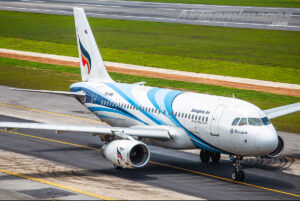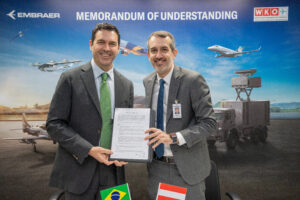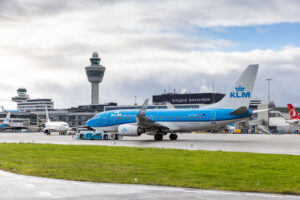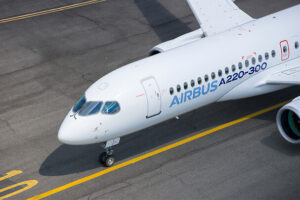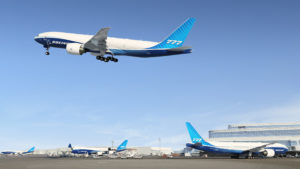Boeing Co, the North American planemaker has amended its long-term forecast for jet demand as it prepares for a major growth in both travel demand and also military services. This forecast comes despite the fact that industrial delays and ongoing problems with the 737MAX persist. Boeing forecast 43,610 commercial jet deliveries over the next 20 years, worth US$7.2 trillion, an increase of 500 units from the 43,110 projected a year ago. On a shorter 10-year view, which is more sensitive to the severe fallout on airlines from the COVID-19 pandemic, Boeing sees 19,330 deliveries, up from last year’s forecast of 18,350. The 10-year projection is 6% shy of the forecast it published in 2019, but the drop from pre-crisis levels has narrowed from 11% a year ago.
“One of the strongest reasons for confidence is how quickly we have seen a bounce-back in domestic travel in the last 12 months,” Boeing Chief Strategy Officer Marc Allen told reporters. According to Reuters news agency, Boeing sees domestic flying at pre-crisis levels in 2022 followed by regional traffic in 2023 and international in 2024. Demand for airliners is seen as a bellwether for the wider economy. Boeing raised its assumption for average annual global economic growth to 2.7% from 2.5% from last year’s forecast.
Boeing and other planemakers are predicting that environmental pressure and COVID-19 will accelerate the retirement of jets, leaving room for new planes in the market. But several analysts have raised concerns about the unpredictable spread of coronavirus variants and ongoing travel restrictions, even as vaccination rates steadily increase. Boeing’s forecast for annual passenger traffic growth was unchanged at 4%, although the growth rate has edged lower since 2015 from the once reliable 5% as a record aviation boom peaked. Over the next decade, Boeing sees demand for US$9 trillion of goods and services in the full array of markets it operates in, from freighters to fighters, up from $8.7 trillion a year ago. Its defense and space forecast is flat at US$2.6 trillion.




